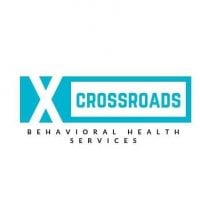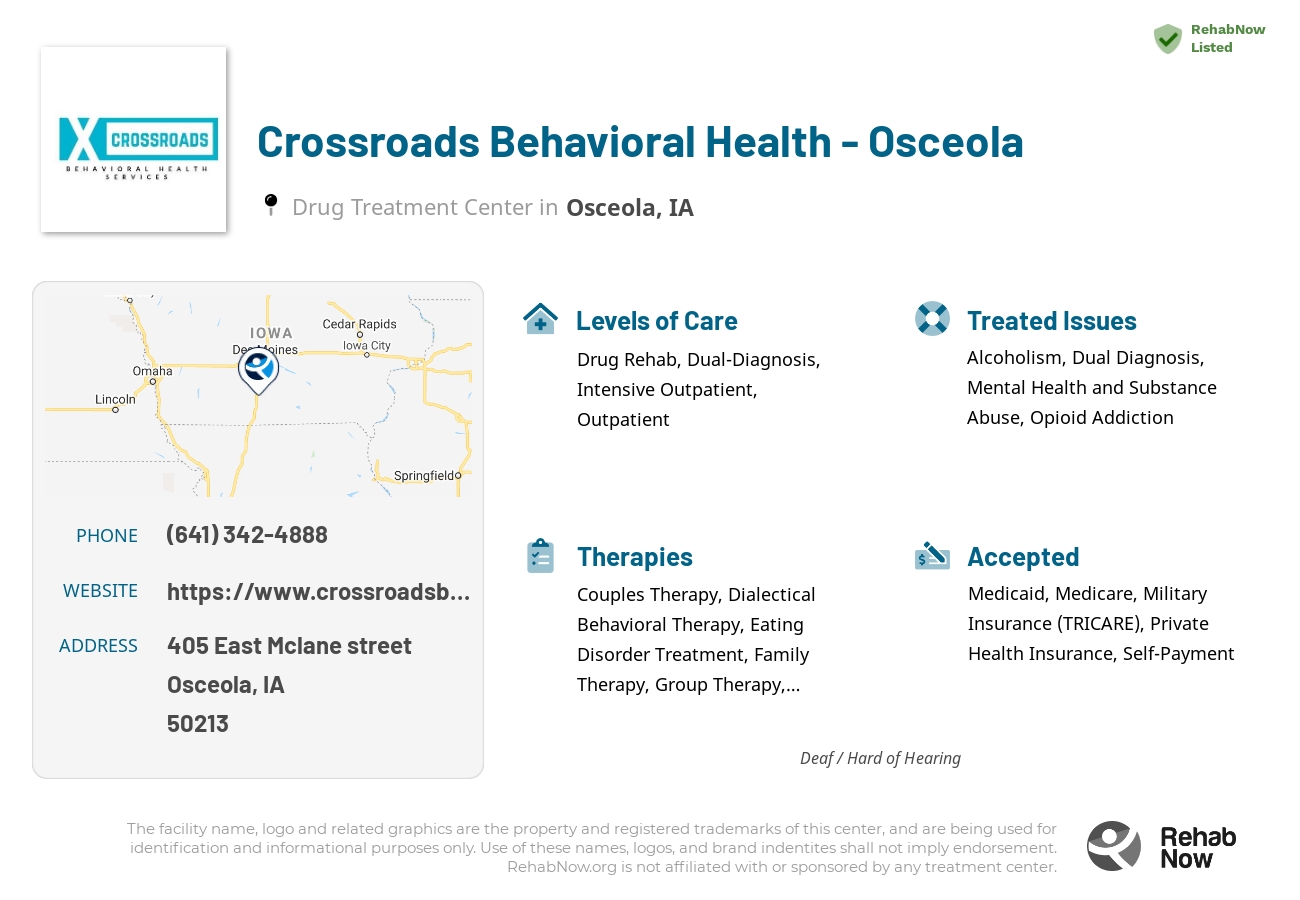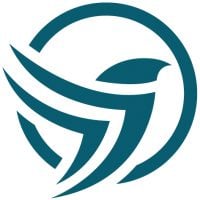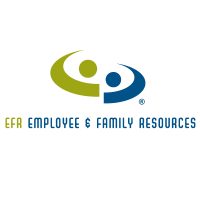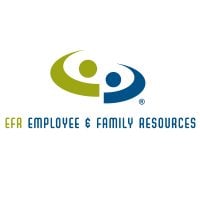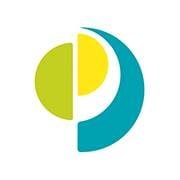Crossroads Behavioral Health - Osceola
Drug Rehab Center in Osceola, Iowa
Crossroads Behavioral Health - Osceola is an inpatient mental health and addiction treatment center that offers a comprehensive range of services designed to help individuals manage their mental health and addiction challenges.
About This Iowa Facility
Crossroads Behavioral Health - Osceola in Osceola, Iowa, offers specialized outpatient treatment programs for individuals grappling with alcohol and/or substance addiction. The facility employs a holistic approach, incorporating individual counseling, group therapy, and couples counseling among other methods. Distinguished by its comprehensive support system, Crossroads focuses on fostering recovery through multifaceted therapy.
Accredited by the state of Iowa, Crossroads demonstrates a commitment to excellence in addiction treatment. Bolstered by state recognition, they offer a variety of therapeutic services aimed at addressing addiction on multiple fronts, ensuring both immediate care and support for long-term recovery.
- Specialized Outpatient Treatment: Tailored to meet the unique needs of each individual, facilitating a more personal approach to recovery.
- Holistic Approach: Integrates biological, psychological, and social perspectives for a well-rounded treatment experience.
- Accredited Quality Care: Recognized by the state of Iowa for excellence in providing addiction treatment services.
Crossroads Behavioral Health - Osceola treats a range of addictions, including alcohol, opioid, and substance abuse. Employing evidence-based treatment methods such as cognitive behavioral therapy, dialectical behavior therapy, and relapse prevention, the facility offers varying levels of care, from intensive outpatient programs to aftercare support, highlighting a pathway toward long-term sobriety and health.
Genders
Ages
Modality
Additional
Accreditations
State License
Conditions and Issues Treated
Many people who struggle with opioid addiction need to attend specific programs like methadone , Suboxone or Vivitrol clinics.
These types of programs will provide the patient with legal, prescription medications that can help them overcome their cravings for illegal opioids like heroin or fentanyl . If the patient has a chronic condition like Hepatitis C, they must undergo treatment before they can begin taking these medications.
Dual Diagnosis refers to someone who is both dealing with addiction and another mental health issue.
There are different kinds of Dual Diagnosis: A person who simultaneously experiences both a mental illness and an addiction disorder. Or, a person who experiences one or more coexisting (simultaneous) mental health conditions in addition to a primary substance use disorder.
Some conditions that commonly co-occur with addiction include:
- Personality Disorders (Borderline, Narcissistic)
- Mood Disorders (Bipolar Disorder, Depression, Anxiety Disorder)
- PTSD (Post Traumatic Stress Disorder), OCD (Obsessive Compulsive Disorder), ADHD (Attention Deficit Hyperactivity Disorder)
- Schizophrenia, Psychosis, Hallucinations, Delusions
Levels of Care Offered at Crossroads Behavioral Health - Osceola
This center offers a variety of custom treatment tailored to individual recovery. Currently available are Drug Rehab, Dual-Diagnosis, Intensive Outpatient, Outpatient, with additional therapies available as listed below.
Outpatient addiction treatment is beneficial for people who are able to function well in their day-to-day lives. It is recommended for people who are not yet ready to end their relationships with friends or family members who might be encouraging drug and alcohol use.
Intensive outpatient treatment is beneficial for:
- People who are able to attend treatment more than 3 times per week.
- People who do not meet the criteria for inpatient treatment.
- People who are able to contribute to their own recovery outside of the treatment center.
- People who are motivated towards recovery.
- People who are able to overcome addiction on their own without the need for higher levels of care.
Outpatient treatment programs provide drug and alcohol addiction treatment through individual sessions with a counselor, group therapy, 12-step meetings, and other activities to help individuals gain sober living skills. Most programs are designed for those individuals who have completed a medically supervised detoxification program and provide opportunities for clients to begin the process of early recovery.
Outpatient programs also offer a level of medical support as needed and psychological backing through therapy. Clients are encouraged to live at home, though there may be some flexibility regarding this requirement based on the circumstances and needs of each patient.
Outpatient treatment is perhaps the most common type of dual diagnosis program available. It does not pose a significant financial burden on patients. However, it is essential to note that outpatient treatment does not provide the support and supervision given in residential programs. Some addicts may need this level of support to maintain their sobriety.
Therapies & Programs
Therapy sessions focused on the individual addict can provide much-needed guidance as they work toward overcoming their addiction. These types of sessions typically involve guidance from a therapist, who will help addicts identify and process their feelings and cravings.
During these sessions, addicts may develop plans for coping with the triggers that typically lead to relapse and learn how to avoid those triggers during their recovery process.
If you are looking for drug recovery, couples therapy can be a great option. This type of therapy can help rebuild trust and joy in relationships that may have been damaged by addiction. It can also help reduce the dysfunctional behavior in a relationship that may trigger addiction. A patient’s partner will be involved in the process. They can also benefit from therapy, especially if they are trying to live with an addict.
The main goal of family therapy for drug addiction is to create an environment where communication can occur without judgment, hostility, or blame that often occurs within a family.
Family therapy is a type of group problem-solving that aims to improve communication and relationships between the patient, their family, and sometimes friends. The therapist is with the family as they learn to communicate with each other differently, especially with the addict when s/he is using.
The family can learn to reduce their enabling behavior or rally together and support each other during tough times. The patient also learns how to deal with their addiction and maintain sobriety while interacting with the family.
Different types of addiction treatment services are available. Within this article, group therapy is of interest due to its high success rate compared to individual therapy. Group therapy settings are beneficial because they allow recovering addicts to build a strong support network.
Benefits of group therapy are:
- Reduces feelings of isolation
- Immediate access to social support in the form of fellow addicts in recovery
- Lowers risk of relapse
- Increases rate of sobriety
- Builds coping skills that can be applied to everyday life
Trauma Therapy is a form of therapy that involves working with a patient to help them process and understand the past trauma(s) in their life. The idea behind it is that while some people can experience traumatic events and not have lasting psychiatric symptoms, many others will. In these cases, memories of the event get hidden from consciousness but continue to influence how the person processes and copes with things in their life. They may avoid situations that resemble what happened or become suddenly angry or irritated to a situation that reminds them of a past event.
With the help of a therapist, people can go back over memories and experiences. This helps them understand why they are having problems coping with certain situations and how they can change how they think and react to things. This therapy is typically done using techniques such as visualization, discussion, and writing down thoughts and feelings.
Trauma therapists will work with clients to help them understand their past and present relationships. Many times, patients may believe that something is inherently wrong with them or that they are unworthy of love. A therapist aims to correct these negative feelings and behaviors by helping the person realize that their actions do not reflect who they truly are.
One of the main goals of trauma therapy is to help clients express their emotions and talk about what they are feeling. This benefits both to increase awareness of how certain events have impacted them in the past and enables patients to realize that they can make changes in their lives.
Dialectical Behavior Therapy is a cognitive-behavioral therapy that helps addicts balance their thoughts and emotions to change their behavior. It was designed for those vulnerable to self-harm and suicidal thoughts and aims to help patients understand the connection between their feelings, emotions, and behaviors. It is effective for those whose addictions and behaviors stem from severe mental health issues.
Cognitive Behavioral Therapy (CBT) is used by drug treatment centers to help addicts comprehend the causes of their substance abuse and the consequences that follow. Through CBT, clients learn to recognize and avoid high-risk situations and cope with challenging situations when they arise.
CBT treatment often includes a combination of individual therapy, group therapy, lectures, and other activities. The treatment’s goal is to help addicts gain self-control and maintain abstinence from drugs and alcohol over the long term so that an addict can get sober and lead a more productive life.
CBT is particularly effective in helping people overcome their drug problems, especially people whose drug abuse is motivated by self-defeating beliefs and emotions.
Payment Options Accepted
For specific insurance or payment methods please contact us.
Is your insurance accepted?
Ask an expert, call (888) 674-0062
Crossroads Behavioral Health Services Associated Centers
Discover treatment facilities under the same provider.
- Crossroads Mental Health Center in Creston, IA
- Crossroads Behavioral Health - Winterset in Winterset, IA
- Crossroads Behavioral Health Services - Osceola in Osceola, IA
- Crossroads Behavioral Health - Lamoni in Lamoni, IA
- Crossroads Behavioral Health - Corning in Corning, IA
Learn More About Crossroads Behavioral Health Services Centers
Additional Details
Specifics, location, and helpful extra information.
Osceola, Iowa 50213 Phone Number(641) 342-4888 Meta DetailsUpdated April 15, 2024
Staff Verified
Patient Reviews
There are no reviews yet. Be the first one to write one.
Osceola, Iowa Addiction Information
Iowa ranks 2nd lowest in the nation for illicit drug use, but 12% of its residents are still using these drugs every single year. Methamphetamines account for more than 90% of all drug-related prison admissions in Iowa. Alcohol is the most widely abused substance in the state, with 23% of residents admitting to heavy drinking.
The drug addiction problem in Osceola, Iowa, is unfortunately relatively bad. Approximately 9,000 people in Osceola, Iowa, struggle with addiction to drugs or alcohol. This means that approximately 8% of the population is affected by addiction. 10.8% of men and 14.3% of women reported using an illicit drug in the past month. There are several different rehab centers available, and each one offers its own unique set of services and treatments.
Treatment in Nearby Cities
- Tipton, IA (145.8 mi.)
- Elkader, IA (174.8 mi.)
- Manchester, IA (155.6 mi.)
- Perry, IA (58.7 mi.)
- Marengo, IA (102.3 mi.)
Centers near Crossroads Behavioral Health - Osceola
The facility name, logo and brand are the property and registered trademarks of Crossroads Behavioral Health - Osceola, and are being used for identification and informational purposes only. Use of these names, logos and brands shall not imply endorsement. RehabNow.org is not affiliated with or sponsored by Crossroads Behavioral Health - Osceola.
